Some thoughts on monochrome……..
Many photographers that came into the craft in the last dozen years are not “as” acquainted with monochrome as us “old timers”! Of course many DSLR cameras have offered a monochrome setting to shoot just black and white and it’s many tones, but a lot of people have avoided it. Shooting monochrome is actually pretty taxing if you are delving into it for the first time. A successful monochrome image requires a different set of conditions than a color image. A color image can be carried by the color in the scene alone!! The illustration below amply demonstrates that!
A succesful monochrome image is more about light, form, line, shapes and designs. The pair of images below illustrate that while subtle color can work, the same scene with the color absent can be even stronger as it emphasizes the design and line.
In this example the red floats on the boat scream out that they re the subject and while it works, the subtle design of the monochrome image works too!!
One of the difficulties of shooting monochrome is that it requires a different vision from color photography. With monochrome you need to see the the lines and design and play flight and shadow to see that it will be a successful monochrome image.
When “color” is the image, as in this early morning fog on the coast of Oregon, the color shot trumps monochrome.
I started my career as a monochrome shooter working for newspapers, we couldn’t use color so I shot black & white film and became pretty adept at seeing in monochrome. Over the years I’ve principly become a color shooter. When I started to have a renewed interest in monochrome I found it hard to think both ways, both as a color shooter and monochrome shooter at the same time.
Fuji’s X System to the rescue!!! In the Fuji X-T1, X-E2 and the new X-T10 you can shoot film simulations and choose the three you want made (processed) every time you push the shutter release. In other words every time you make an image it is processed as there different film pallates!!! I set my cameras for Velvia, (punched color), Provia, (more natural color), and Monochrome with a red filter (higher contrast monochrome images), The advantage is that with every shot I get a monochrome! Sometimes I love the monochrome, sometimes it doesn’t work, but I don’t have to think in both styles, and I have a monochrome of every shot! This is a big advantage and I’m often shocked at how much I like the monochrome version…
Here are few below;
From time to time I like the subtle color in a subject and I’m surprised to see the monochrome is equally lovely, giving me a choice of images for different applications! As in the illustration below;
Then again sometimes color is obviously the ticket!!!!
Getting into monochrome will also help you to develop your visual acuity, and for me deepens the enjoyment of this craft! If you shoot exclusively in color, consider picking up Googles’s NIK Silver Efex Pro 2.0 as a way to do conversion of your color images to monochrome. I think it will be enjoyable and eye opening for you, that is, unless you already knew all of this and are way ahead of me!!!
Blessings,
the pilgrim
This entry was posted on Monday, July 6th, 2015 at 1:39 pm
You can follow any responses to this entry through the RSS 2.0 feed.



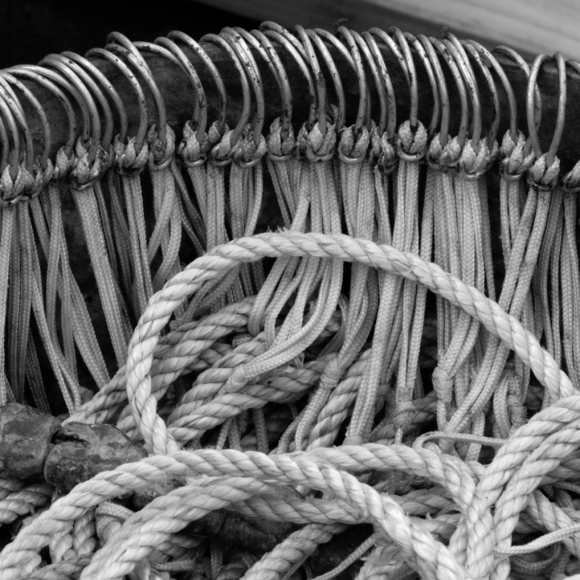
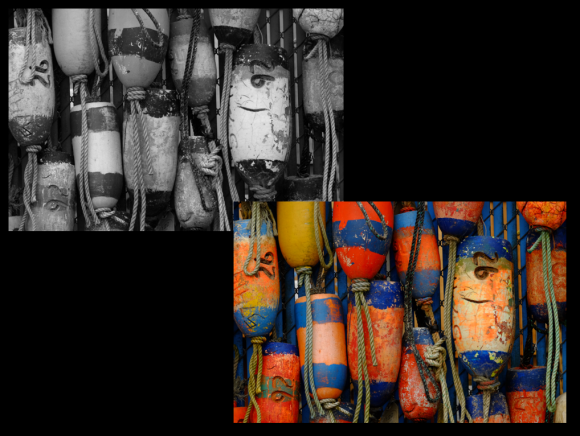
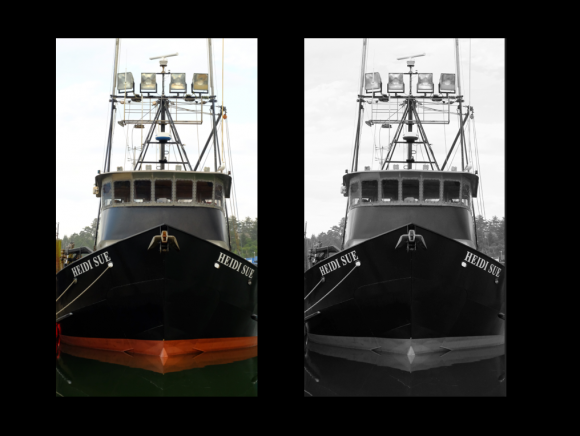
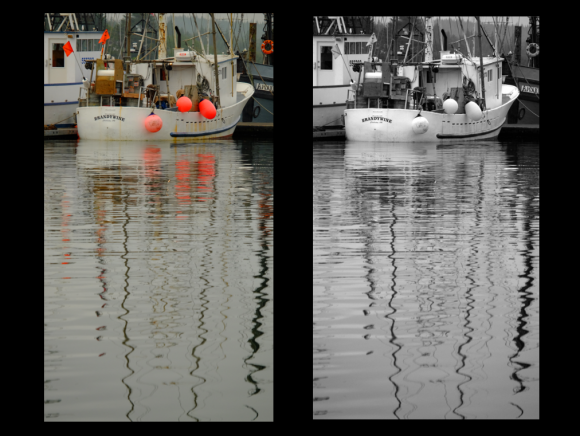
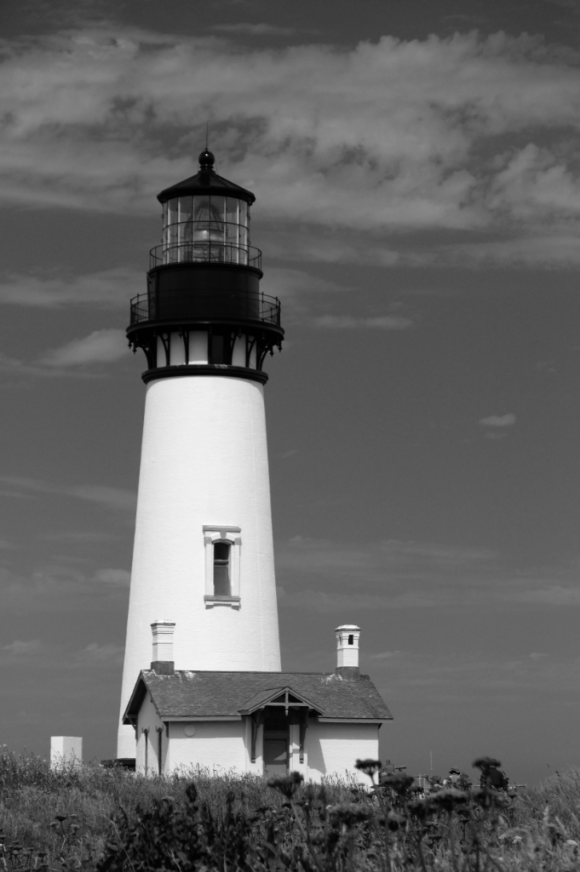
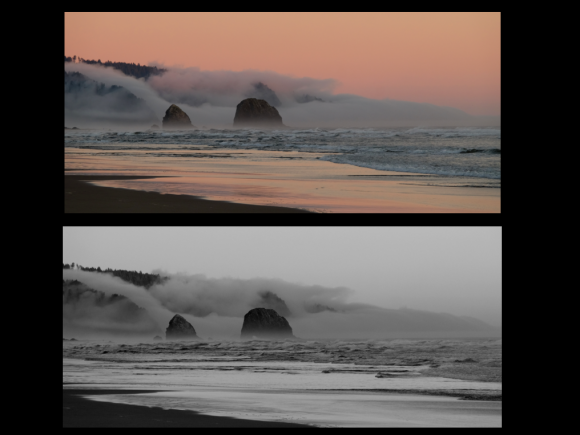
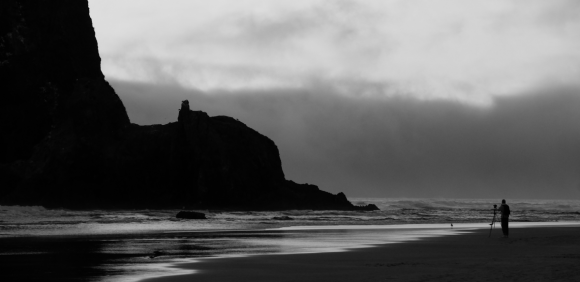
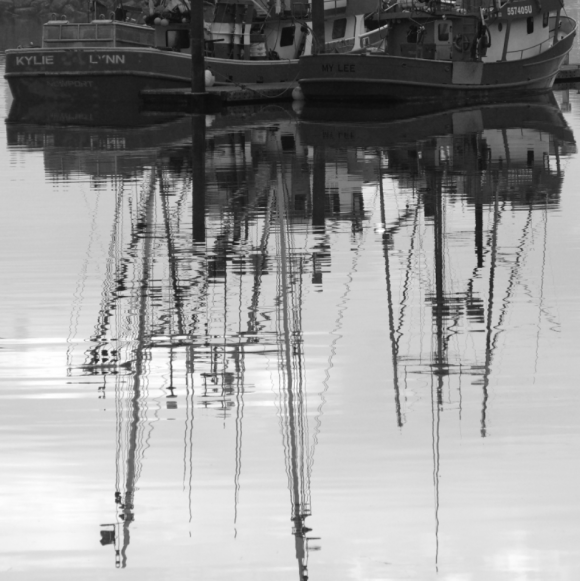

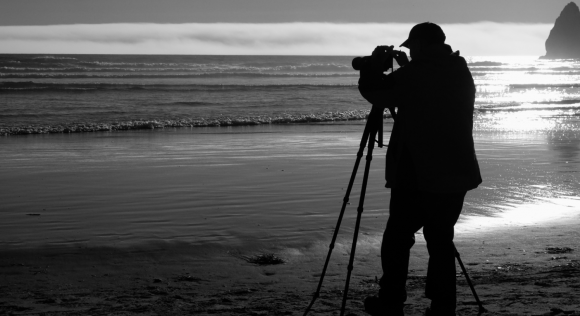
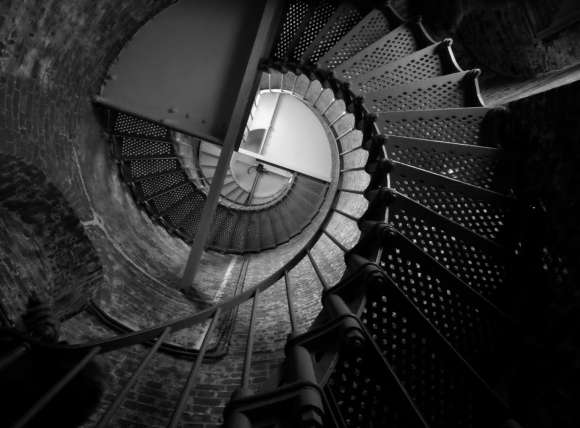
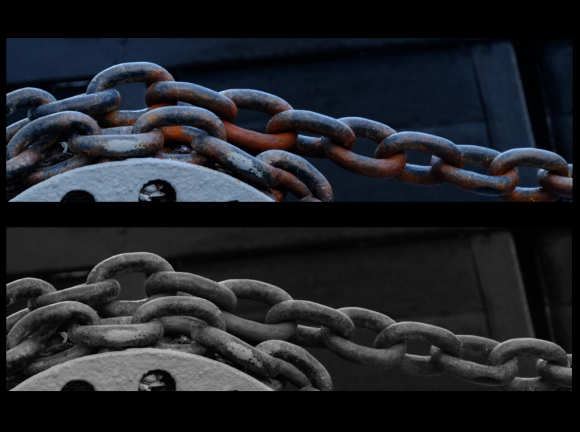
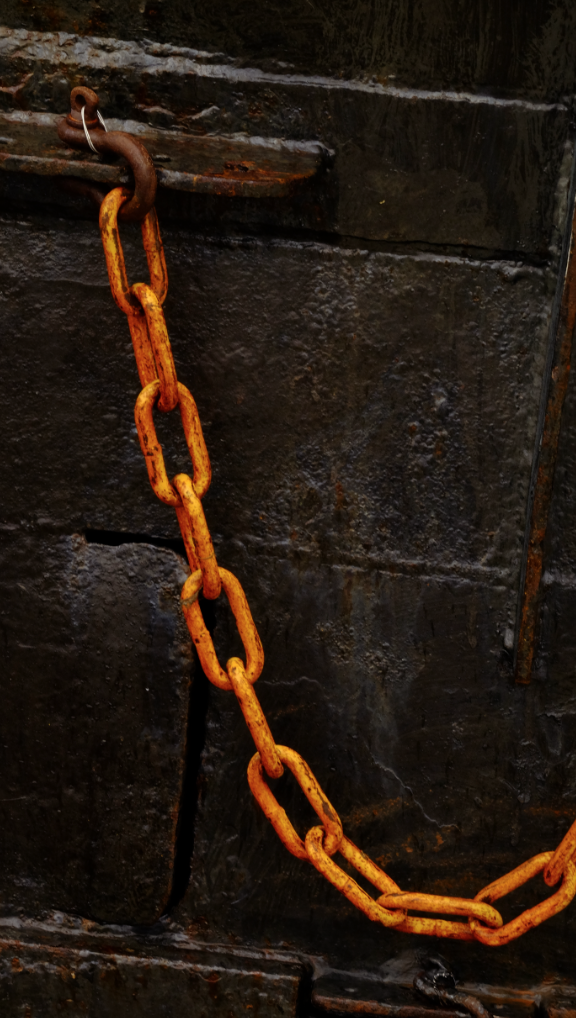

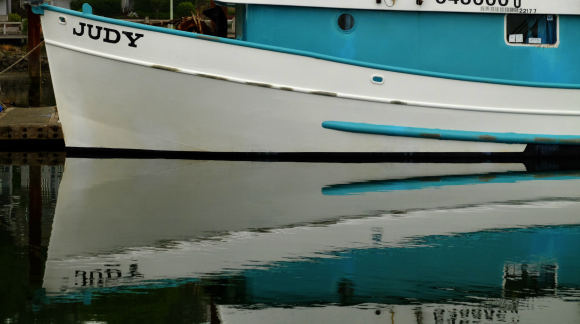
Such a super topic, my friend! I also, like many, started out shooting, developing and printing my own black and white stuff and one nice part about photojournalism with Tri-X was how you could get good images under challenging conditions that would frustrate color photography. When I made the switch away from B&W I noticed that I was worrying more about color sometimes than on whether the image was interesting — sometimes color was the focal point (intentional pun). While I sometimes shoot in monochrome modes I can bypass the three images per shot (and save space) by shooting raw and then I can click on the various modes in Camera Raw.
Great post and, of course, great minds travel in the same circles on occasion. I wrote this last month: http://naturecallsphotography.blogspot.com/2015/06/back-to-my-photographic-roots.html
Good circle to travel in!!!!
I love the film simulation bracketing feature, but it could be even better if you could do it and still keep the RAF file as well.
I agree, it makes you choose and it should be possible to do both!
Thanks for a great lesson Bill!!
My pleasure, my friend!!!!
Bill, I am very seldom ahead of you and very, very rarely find myself “way ahead” of you. A well composed, nicely done B&W print is still one of my favorite things.
Great post!
I’m not so sure about that!!!!
Bill…..if I still had access to a darkroom…..or had room to build one in my house…..who knows…..I may still be shooting B&W film! Dropping the paper in the diptank and watching the photo on it come to life is a thrill digital can’t match.
Don, I remember those days well!
You bet!
Don, I’ll never forget the first time I saw an image appear on the paper intended eloped tray!!! Wow, changed my life forever!
Thanks Bill for a great lesson. Great insight and very helpful tips.
My pleasure John!